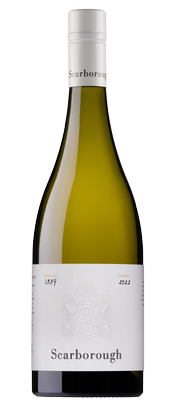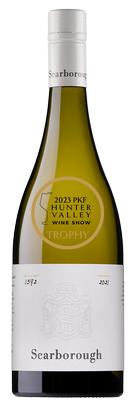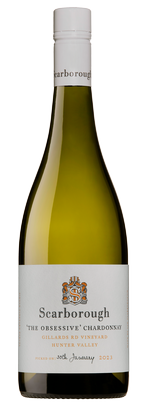A Conversation on Grapevine Clones
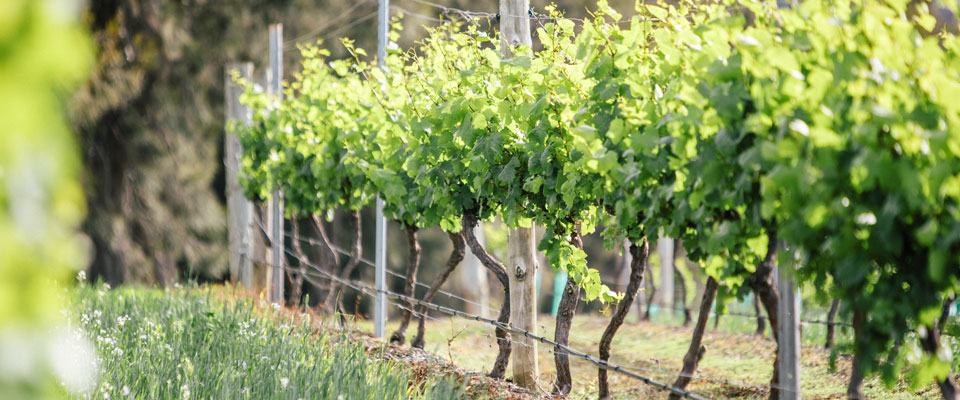
Spend enough time around grape growing and winemaking circles and you will almost certainly hear the word ‘clone’ mentioned. That’s because choosing the right clone of grape variety helps us produce the best quality wine possible and allows the vines to adapt the vineyards to the prevailing conditions.
When it comes to producing wine there are an abundance of variables which impact quality, some of which we can control. Great wine is made with great parcels of fruit, and clones play a critical part in the way our grapes grow and the flavour profile of the resulting wine. At Scarborough Wine Co. we’ve experimented with different types of clones, making selections due to the flavour profiles, soil types as well as trying to ensure that the vines are future proofed for weather variations which are inevitable with climate change as well as disease resistance.
Read on as Jerome Scarborough and Liz Riley explain all you need to know about grapevine clones.
What is a grapevine clone?
The easiest way to think of a vine clone is to liken it to mobile phones. Think of each brand of phone being a variety, Samsung is Shiraz, IPhone is Chardonnay. Within IPhone you have the IPhone 13 (I10V1 chardonnay clone) and IPhone 14 (Benard 95 clone), they all essentially have the same function or flavour profile but the individuals clones (or phones) express the same function slightly differently.
A grapevine clone can be described as a propagation of vines where the vine’s source is a single, superior mother vine showing a genetic variation. These variations include different fruit flavour, size of grape bunches, disease resistance and time of ripening.
These cloned vines often begin their life in vine research centres or nurseries, in Australia, renowned nurseries include; Chalmers Wine and The Yalumba Nursery. It sounds simple but it takes years of trial and error to settle on the ideal new clone and it’s not always easy to access clones, as some are trademarked and/or proprietary whilst some are public domain.
What is the difference between variety and clone?
In wine terms, grape variety and clone are not the same thing. Grape varieties like Chardonnay, Semillon and Shiraz planted at Scarborough start out as vines from a mother vine. Vine cuttings from this single vine will be the same variety.
Small spontaneous genetic changes arise in these vines over time which make them different from the original vine (which came from a single seed). Thus, clonal variants will emerge. These will always be clones of the original variety, they will never become different varieties, in fact this is detectable by DNA analysis.
Why do grape clones matter?
Grape clones matter because they impact the behaviour of the grapes. Clonal selections are made through choosing clones which provide particular characteristics. The characteristics which are top of mind for us at Scarborough include suitability to our soil, resistance to disease, vine vigour, size of bunches, bunch compaction, yield and the specific wine aromas clones bring to a wine.
Different clones, mean variability in the batches of fruit we grow. Some are perfect as single parcel wines such as Keepers of the Flame and The Obsessive range and others are better blended together in our Classic range like our Yellow Label Chardonnay.
Clones also matter from a practical perspective, as some clones ripen earlier or later than others. This is really helpful come harvest time, with a finite number of tanks and space in the winery we can plan for the fruit’s arrival. We can take our fruit off the vine at its perfect picking date, not too early or too late.
How do clones impact flavour of wine?
Two different clones can be planted of the same variety, on the same patch of soil, and can taste very different. That’s why we have been doing field demonstrations at Scarborough, testing different clones on the same site for the past five years. For example, the Chardonnay clone I10V1 can produce flavours of white peach, grapefruit, and stone fruits, with a rounder, fleshy palate. Whilst the Bernard clones from Burgundy produce more aromatic styles of Chardonnay.
When the latter clones of Chardonnay like 95 and 96 arrived on our shores in the late 1980s it created buzz, and rightly so. They contributed to an improvement in the quality of Australian Chardonnay, providing a leaner style wine with prominent citrus aromas, great length, and balanced phenolic texture. Aromatic profiles like this are particularly important in warm vintages, as the stronger sun can ripen the fruit too quickly, turning aromas to tinned fruit characters. If we want to preserve freshness and elegance in a wine, we want to keep fruit aromas which retain acid like lemon and lime as much as possible.
Chardonnay grape clones used at Scarborough Wine Co
Chardonnay is in our DNA at Scarborough Wine Co, and it is one of those grape varieties with as many different personalities as the number of clones.
We have a selection of Chardonnay clones across our many vineyards, including traditional clones such as I10V1 and I10V5, planted on our Gillards Road site which arrived from University of California Davis in 1969. The date here is important to consider, as the arrival of clones has dictated vineyard plantings based on what was available at the time (Gillards Road was planted in the mid 1980s). These clones produce fruit with big, rich and full flavours like yellow stone fruit, perfect for The Obsessive Chardonnay.
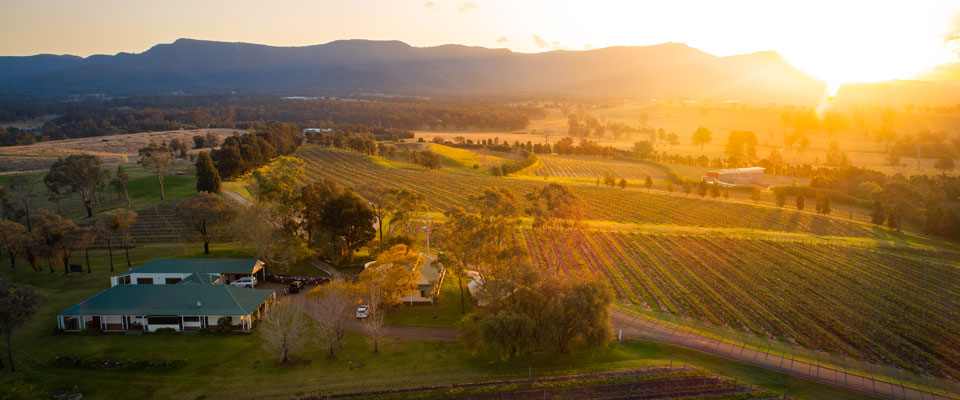
Gillards Road Vineyard
For newer plantings, such as our Cottage Vineyard, some of the more recent clone imports from Burgundy such as the Bernard selections 95 and 548 have been used. Clone 95 presents a bigger and more floral expression whereas Clone 548 is of a more elegant style.
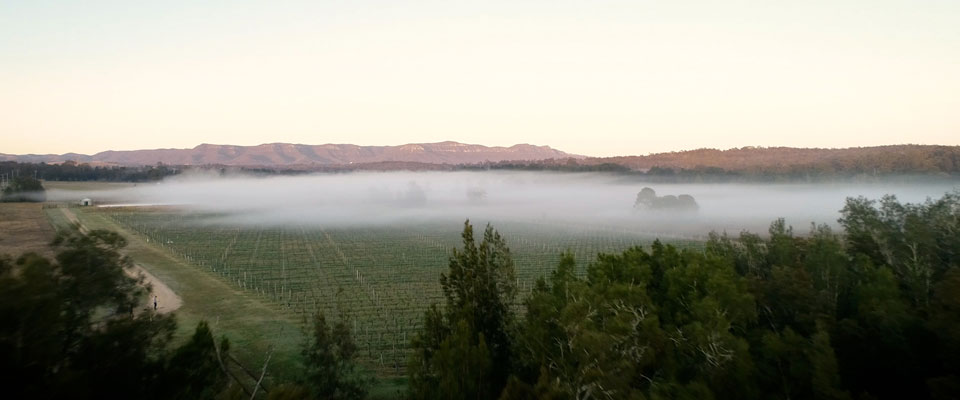
The Cottage Vineyard
We will continue to pay close attention to our choice of grape variety clones, adapting to the weather patterns of our time. Our aim is continuing to produce the Chardonnay we love to grow and make for many years to come.
Want to try the Chardonnay wines we make at Scarborough? Shop the Story

